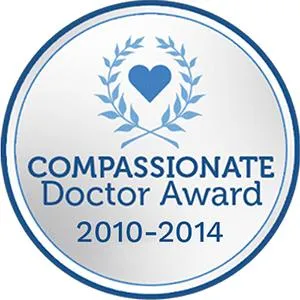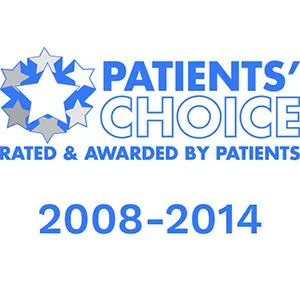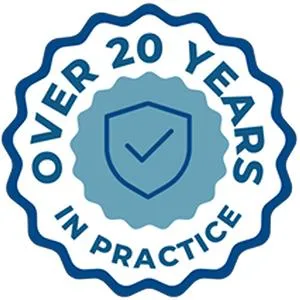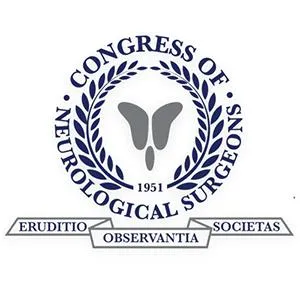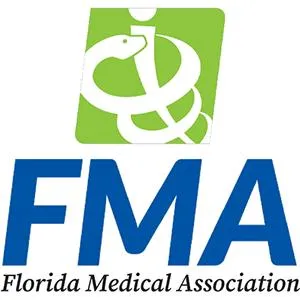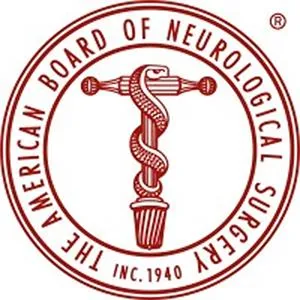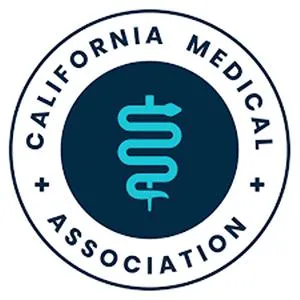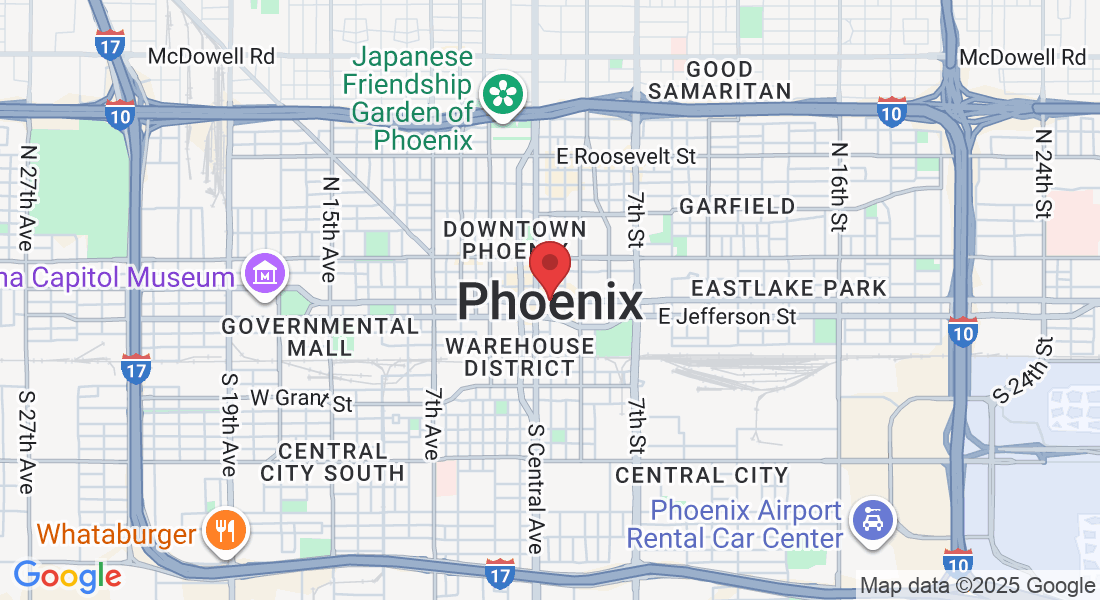Back Pain
Upper Back Pain
Relief for Upper Back Pain in Phoenix, AZ
Most people think of back pain as a problem of the lower spine, but the upper back (thoracic spine) can also be a source of discomfort. Because the thoracic spine connects to the ribs and chest, pain in this region can sometimes feel very different — sharp, achy, or even mistaken for heart or lung issues. At Desert Spine and Pain, we understand how concerning upper back pain can be. Led by Dr. David L. Greenwald, M.D., FAANS, FACS, one of the country’s top neurosurgeons, we provide careful evaluation and treatment for upper back conditions so patients can find clarity, relief, and confidence in their care plan.

Over 100 5-Star Reviews!

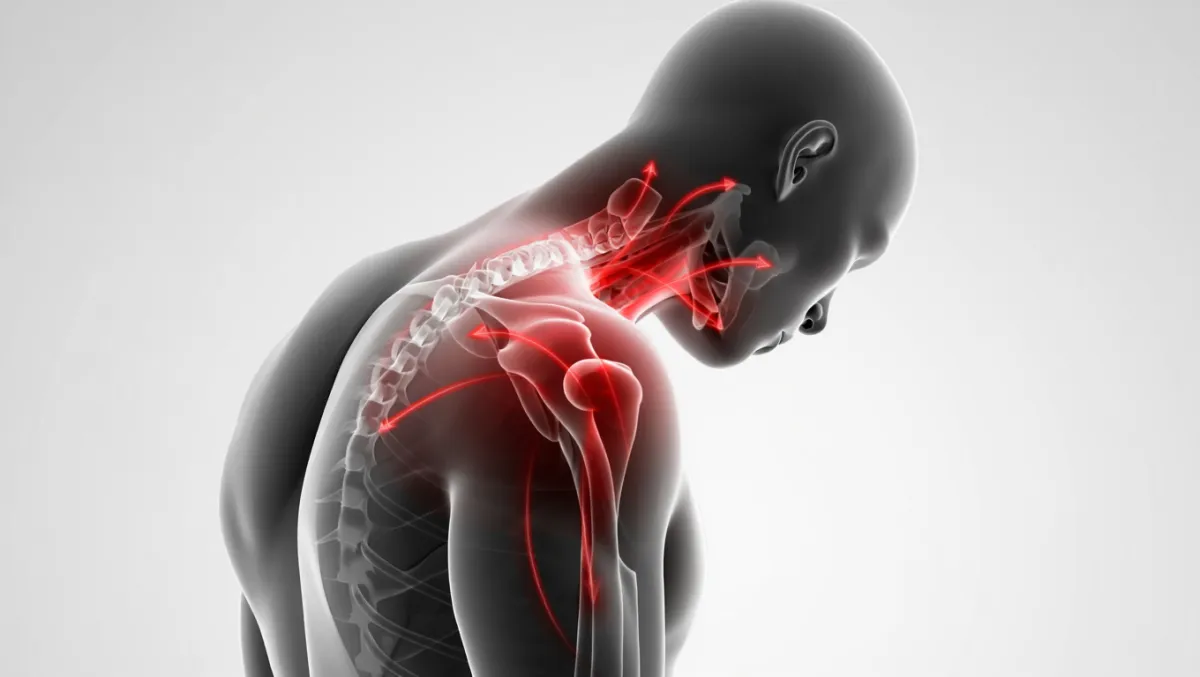
What Is Upper Back Pain?
The thoracic spine runs from the base of the neck to the bottom of the rib cage. Pain in this area can be localized to muscles and ligaments or stem from discs, joints, nerves, or even fractures. Because this region is less mobile than the neck or lower back, pain here often relates to posture or underlying structural issues.
Causes of Upper Back Pain
Muscle strain or poor posture – Often from prolonged sitting, “hunching,” or tech-related posture
Thoracic disc herniation – Rare but possible cause of nerve irritation
Degenerative changes – Arthritis of the facet joints or degenerative disc disease
Scoliosis or abnormal spinal curvature – Can stress the thoracic region
Fractures – Osteoporosis-related compression fractures Read about Compression Fractures
Injury or trauma – Sports, falls, or accidents
Referred pain – From heart, lung, or abdominal conditions (must be ruled out)
Symptoms
Aching, stiffness, or burning in the upper back
Pain that worsens with sitting, slouching, or lifting
Muscle tightness or spasms between the shoulder blades
Radiating pain into the ribs or chest
Numbness, tingling, or weakness (rare, but possible with disc problems or stenosis)
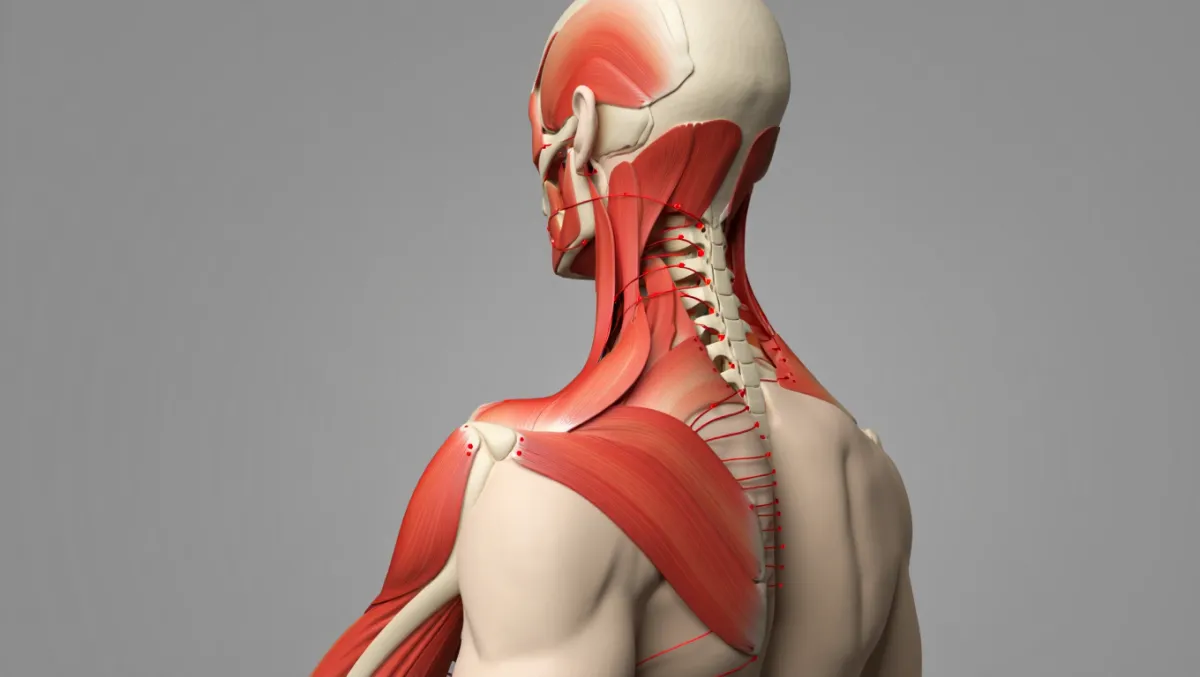
Diagnosis
At Desert Spine and Pain, our evaluation includes:
Medical history & physical exam – Reviewing posture, movements, and neurological function.
Imaging – X-rays to check for alignment or fractures, MRI for discs and nerves.
Specialized testing – If symptoms suggest nerve compression or scoliosis.
Accurate diagnosis ensures your pain is not being caused by conditions outside the spine (such as heart or lung disease).
Treatment Options
Conservative Care
Rest and temporary activity modification
Medications for pain and inflammation
Physical Therapy for posture correction, strengthening, and mobility
Ergonomic adjustments for workstations
Ice/heat therapy and massage
Interventional Care
Epidural Steroid Injections for disc-related pain
Facet joint or trigger point injections for localized pain
Surgical Care
Surgery is rarely required for upper back pain but may be considered in cases of:
Herniated thoracic disc with neurological symptoms
Severe deformity (e.g., scoliosis/kyphosis)
Fractures requiring stabilization
Tumors or other structural causes
Minimally invasive options are often available when surgery is needed. Learn about MIS
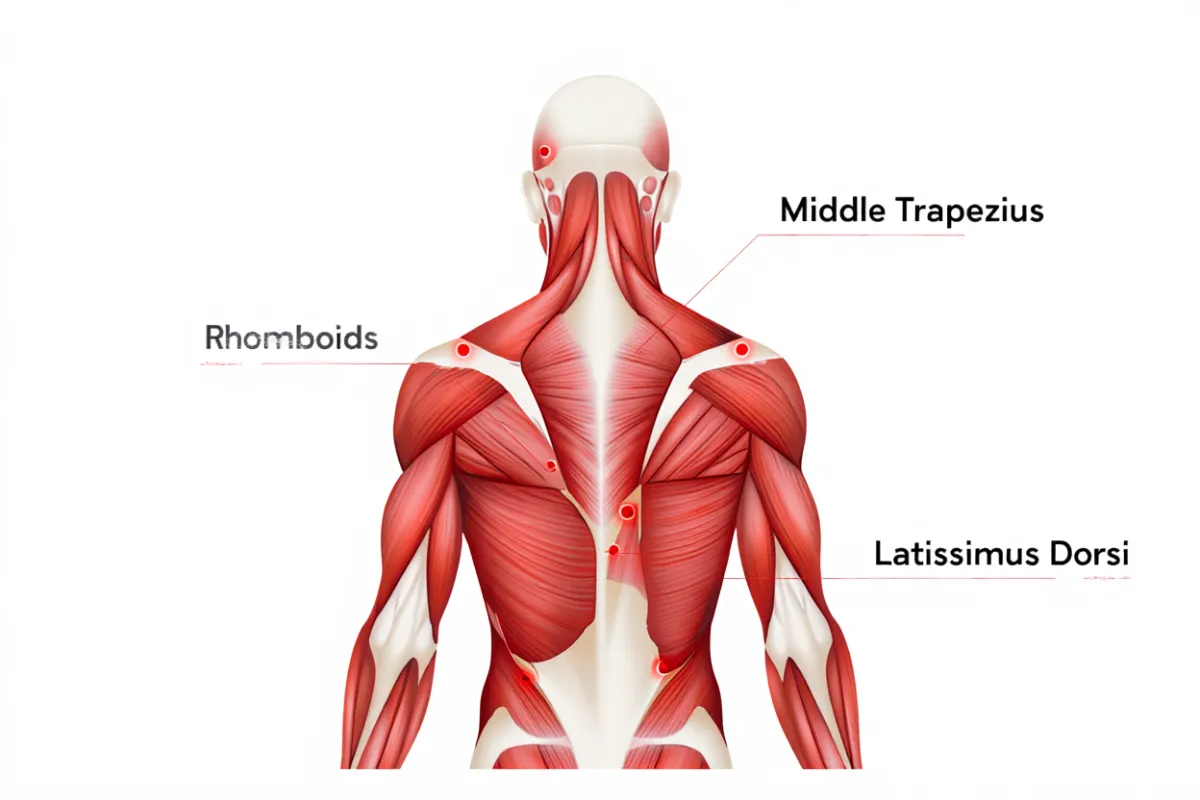
Recovery Timeline
Posture-related strain – Often resolves within a few weeks with therapy.
Injection relief – May last months or longer, especially when combined with exercise.
Surgical recovery – Depends on the procedure but often requires weeks to months.
Why Choose Desert Spine and Pain?
Expert evaluation – Ensuring your upper back pain is not mistaken for something more serious.
Nationally recognized neurosurgeon – Dr. Greenwald provides world-class expertise in all spinal conditions.
Conservative-first care – Prioritizing therapy and lifestyle changes before surgery.
Compassionate team – Supporting you through each step with clarity and reassurance.
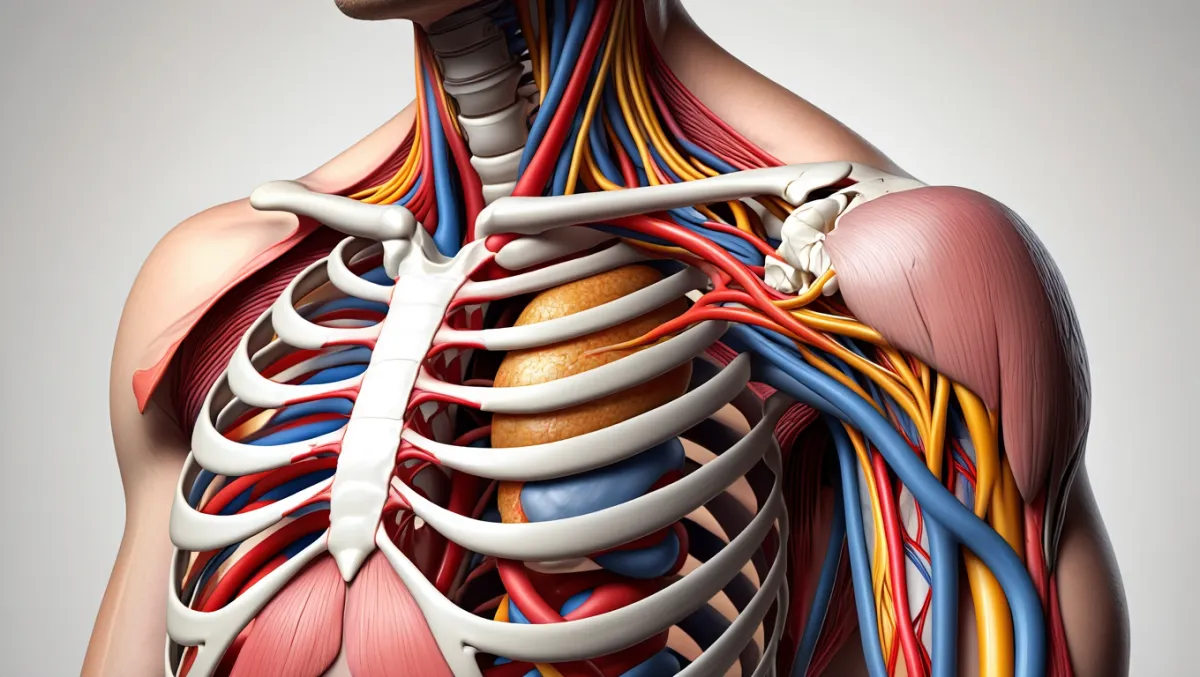
Frequently Asked Questions
Is upper back pain common?
Yes. While less common than lower back pain, many people experience upper back discomfort due to posture, strain, or arthritis.
Can upper back pain be caused by sitting too much?
Yes. Prolonged poor posture at a desk can strain thoracic muscles and joints, leading to pain.
When should I see a doctor for upper back pain?
Seek care if your pain is persistent, severe, or associated with numbness, weakness, chest pain, or breathing problems.
Do most people with upper back pain need surgery?
No. Most cases improve with posture correction, physical therapy, and conservative treatments.
How does Desert Spine and Pain treat upper back pain differently?
We combine precise diagnostics with conservative-first treatment. If surgery is needed, Dr. Greenwald offers advanced minimally invasive options.
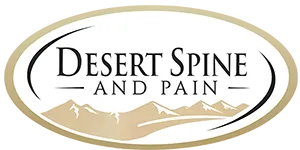

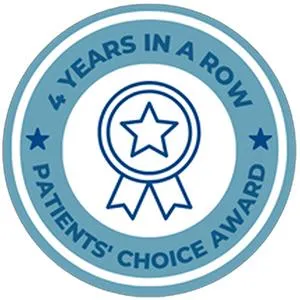
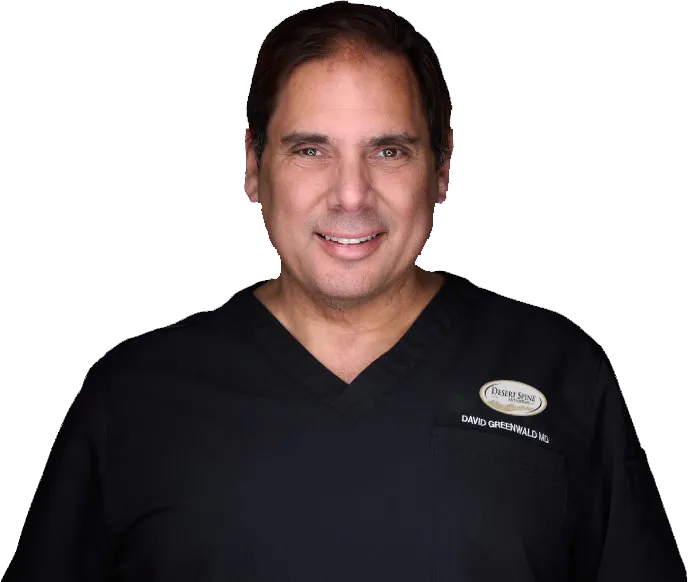
Dr. David L. Greenwald, MD
Neuro-Spine Surgeon
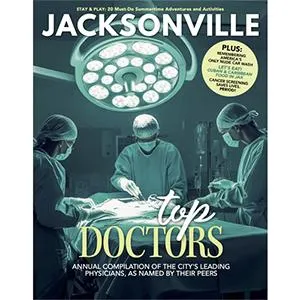
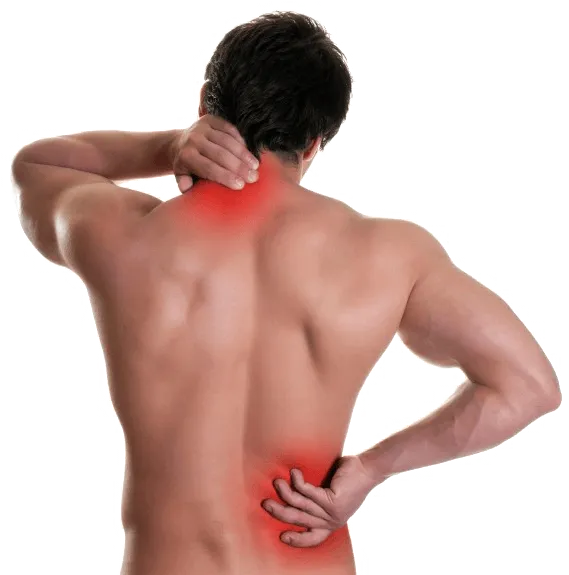
Call Now!
Desert Spine and Pain
A Spine Specialist is standing by.
Relief is just a phone call away!
Available Around the Clock.
Phone: (602) 566-9500
Email: [email protected]
Contact Us
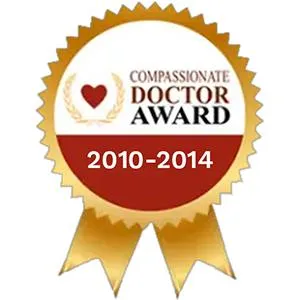
Get the Relief you deserve.
Every step you take toward relieving upper back pain is a step toward restoring your strength and peace of mind. Dr. Greenwald and his caring team are committed to guiding you through a personalized plan designed to reduce pain and improve spinal health. Whether your discomfort stems from posture, injury, or degenerative conditions, we’re here to help you move and feel better. Don’t let pain hold you back—schedule your consultation today and take the first step toward a healthier, pain-free life.
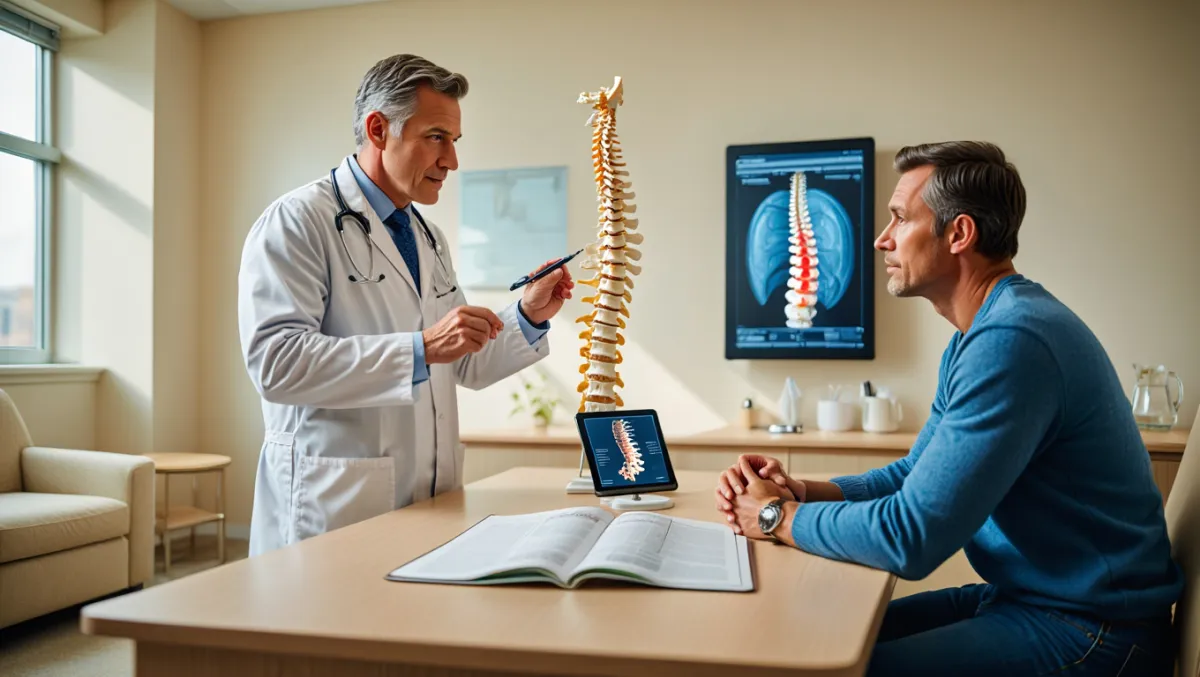
Voted Best Spine Doctor
Over 30 Years Experience in Orthopedic & Neuro Spine Surgeries.

Dr. David L. Greenwald, M.D., F.A.C.S.
Neurosurgeon | Spine Surgeon | Regenerative Medicine
Dr. David L. Greenwald, MD, FACS, is a board-certified spine surgeon with extensive experience treating upper back pain caused by conditions such as herniated thoracic discs, muscle strain, spinal misalignment, or degenerative changes in the thoracic spine. Using a comprehensive and precise approach, Dr. Greenwald identifies the root cause of discomfort and develops a tailored treatment plan that may include non-surgical therapies, minimally invasive procedures, or advanced surgical solutions when necessary. His goal is always to relieve pain, restore mobility, and help patients throughout South Florida return to their daily activities with confidence and ease.
Book your Spine Care Consultation Today!


Desert Spine and Pain
Patient Centered & Partner Focused
Quick Links
Resources
Connect With Us
© Desert Spine and Pain. 2026. All Rights Reserved. Sitemap

